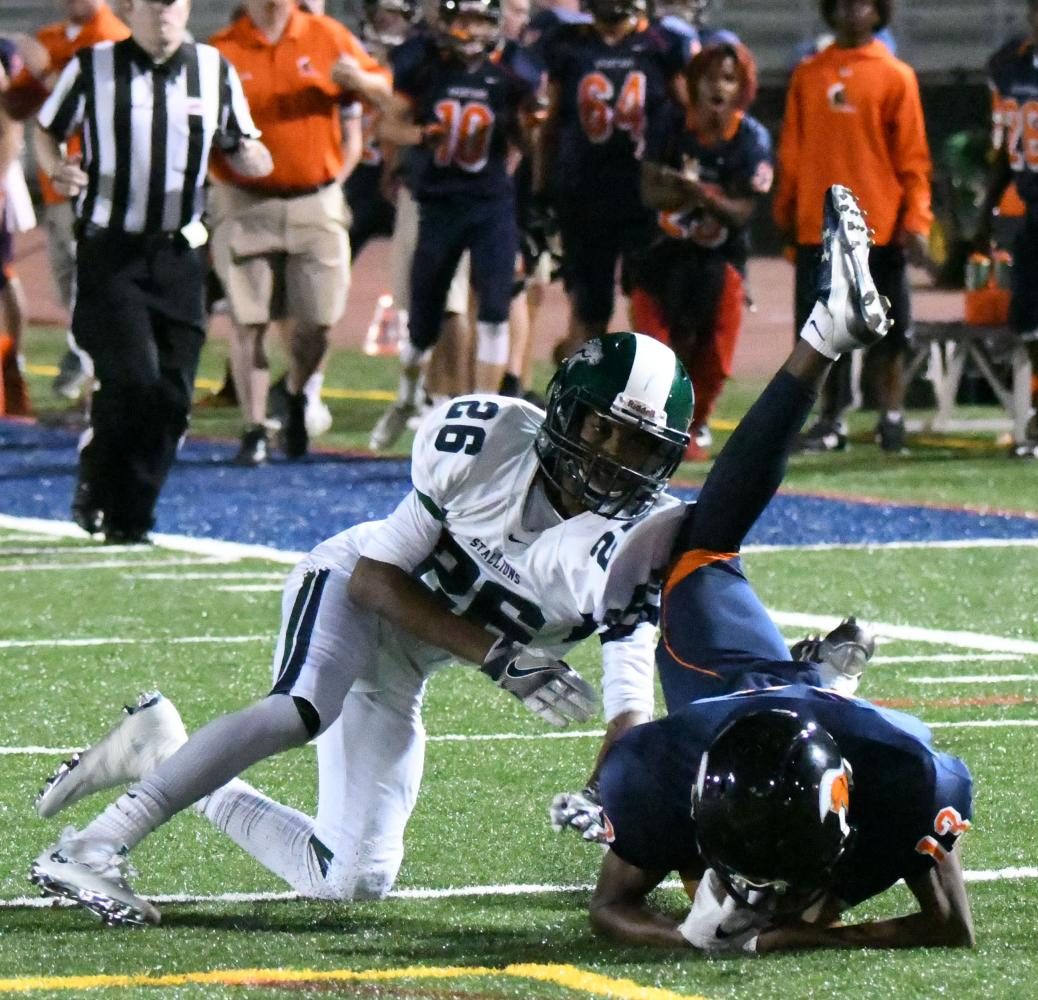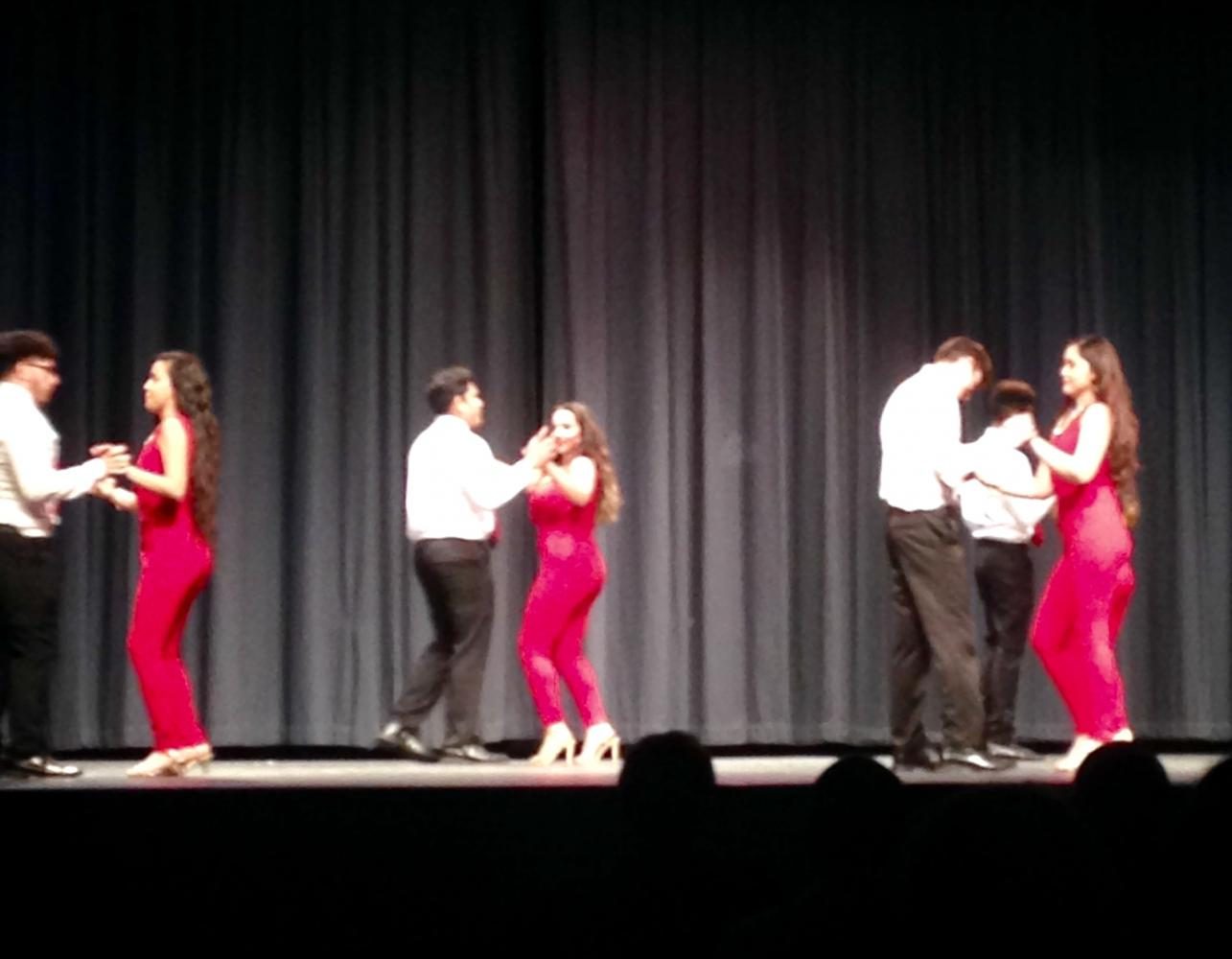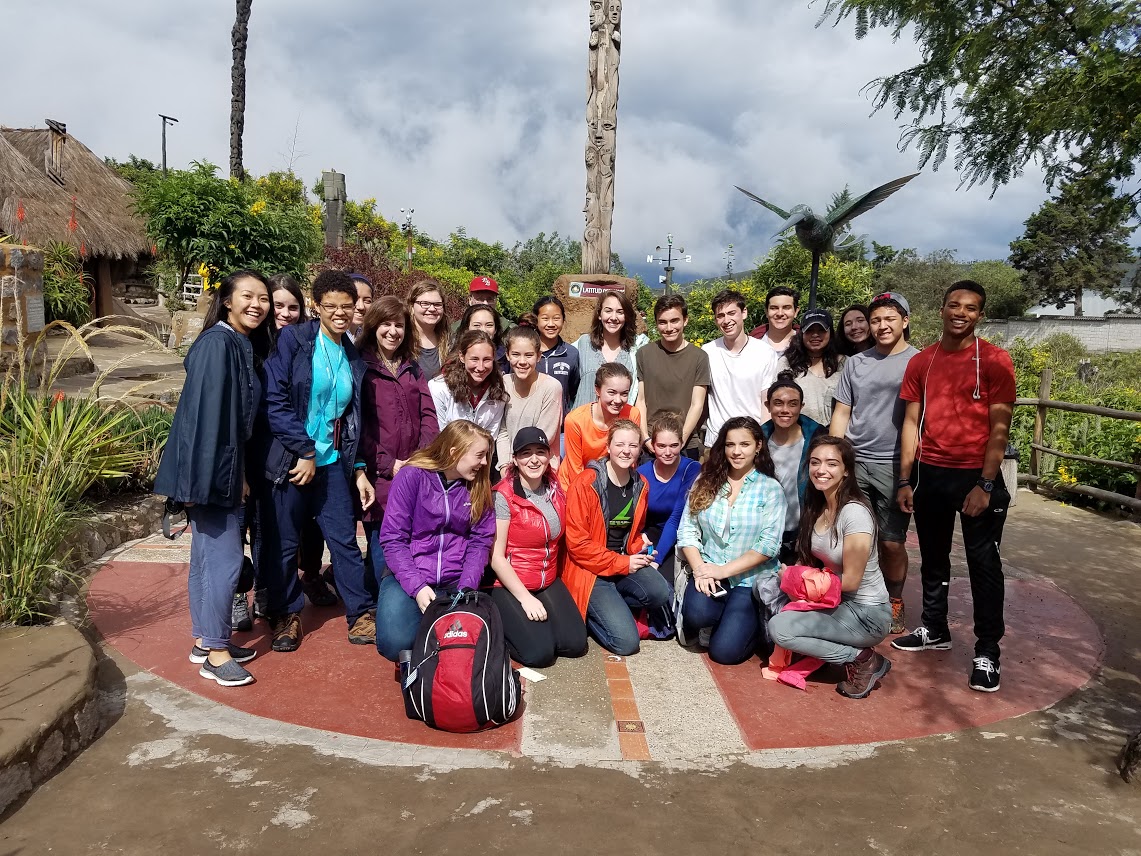The Chicago N-Words; the San Francisco Gypsies; the Washington Redskins. To some these names are synonymous in the insult that they provide. To others, the name Redskins is the name of their football team and nothing else.
It is a hot topic, and there seems to be no resolution in sight for the two opposing sides. But before diving into the current state of the argument, let’s go over some general history of the term.
In 1932, a syndicate led by General Preston Marshall purchased an NFL team in Boston called the “Braves”. A year later, the Boston Braves moved to play in baseball stadium Fenway Park and changed their name to the “Redskins”. Finally, in 1937, the Boston Redskins made the move to Washington, and thus the name of the team that we know (and very rarely love) was born.
The name has been around a long time, and this longevity has been a major play in the argument for keeping the name.
“It is tradition,” said senior and avid fan Mark Malkoun. “Why wait till now to change almost 80 years of tradition?”
Malkoun shares this opinion with many other fans that don’t want to see their beloved sub .500 team change their identity. Despite its recent struggles these past few years…or decades, the team is still one of the more successful franchises that the league has ever seen. Those that want to keep the name could be worried about the team’s history being cast away and forgotten.
But that statement has been turned around for the other side of the argument. The “keeping tradition” argument could be seen as ironic. Redskins fans want the name to stay because they want to keep their proud tradition and history and do not think it would be right to change it. Meanwhile, the actual Native Americans that arrived on this land hundreds and hundreds of years ago probably wanted the same thing.
“It is clearly ironic,” said senior Max Nguyen.
The fight to change the name is led by a simple argument: the name is offensive to people. While it might not be all people, there are enough people offended that it has become a national issue.
“It is a complete disregard of the feelings of Native Americans,” said Nguyen.
But there are other professional sports teams that utilize a name that refers to Native Americans, and while there is some backlash, there seems to be increasingly more controversy towards the D.C. team. Teams like the Chicago Blackhawks, the Kansas City Chiefs, and the Cleveland Indians seem to be brushed aside.
“The intention is not to be offensive,” said Senior Skin’s fan Megan Sweetnam. “And most people are not even offended.”
Sweetnam brings up a good point which is that there are some Native Americans that aren’t offended and instead are using the opportunity to advocate the bigger problems that they have. Native American towns are often in major economic troubles and do not have many resources to live by.
“It is good that they are using this press to bring out the bigger problems that they have,” said Malkoun.
This seems to be the reason that owner of the team, Dan Snyder, and Commissioner Roger Goodell, are under fire. With the recent domestic violence controversies and ongoing concussion issues, the NFL is seen as an organization that does not particularly care about human well-being.
“[Dan Snyder] is an idiot,” said Sweetnam. “He makes dumb decisions all the time.”
Is this lack of credibility for the Redskin’s owner the reason that there is so much hate toward the team? After all, if his decision-making is bad, then who’s to say that he is making the right one in this case?
“If they changed the name, they could make money from selling all the merchandise,” said Nguyen. “I don’t understand why they don’t change it.”
But no matter what side you are on, you must believe that a decision must be made. This constant limbo over a simple name isn’t doing us any good and distracts us from the real issue: respect towards Native Americans that has eluded America since 1492.
Outrage or acceptance; DC debates a name change
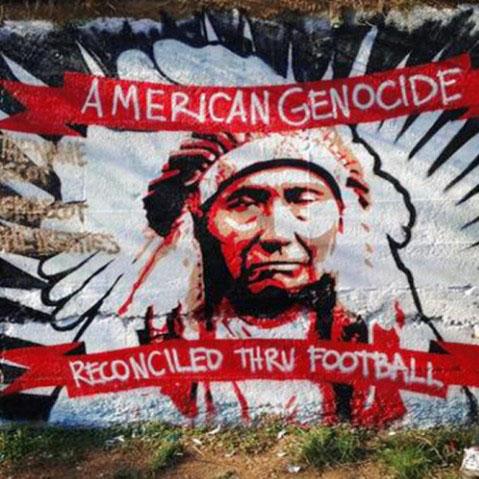
Story continues below advertisement
More to Discover
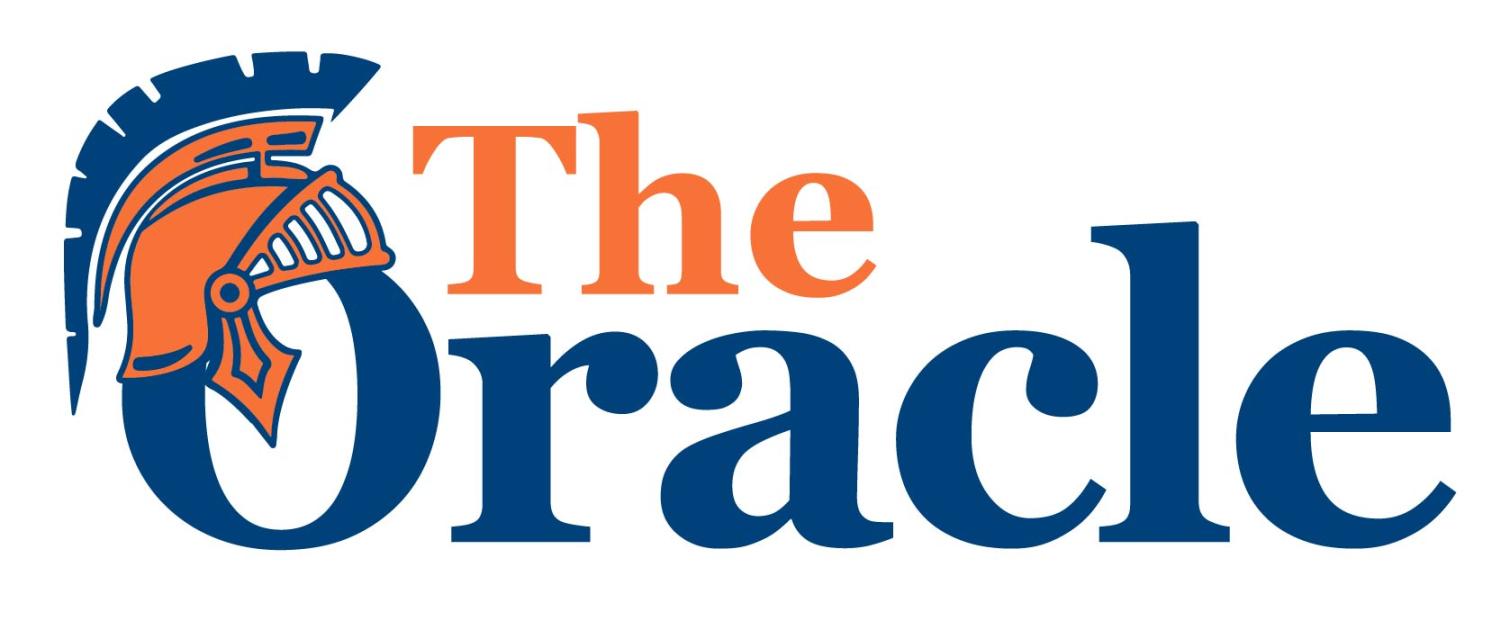


![According to the FCPS Restorative Justice Brochure, restorative justice comes with seven primary goals. Part of building the welcoming community comes through the class circle process. “It’s voluntary and everything that is said there is confidential,” said counselor Monica Hayes. “It’s the beginning of those [strong] relationships [in the community].”](https://theoracleonline.org/wp-content/uploads/2024/04/unnamed-28.png)






